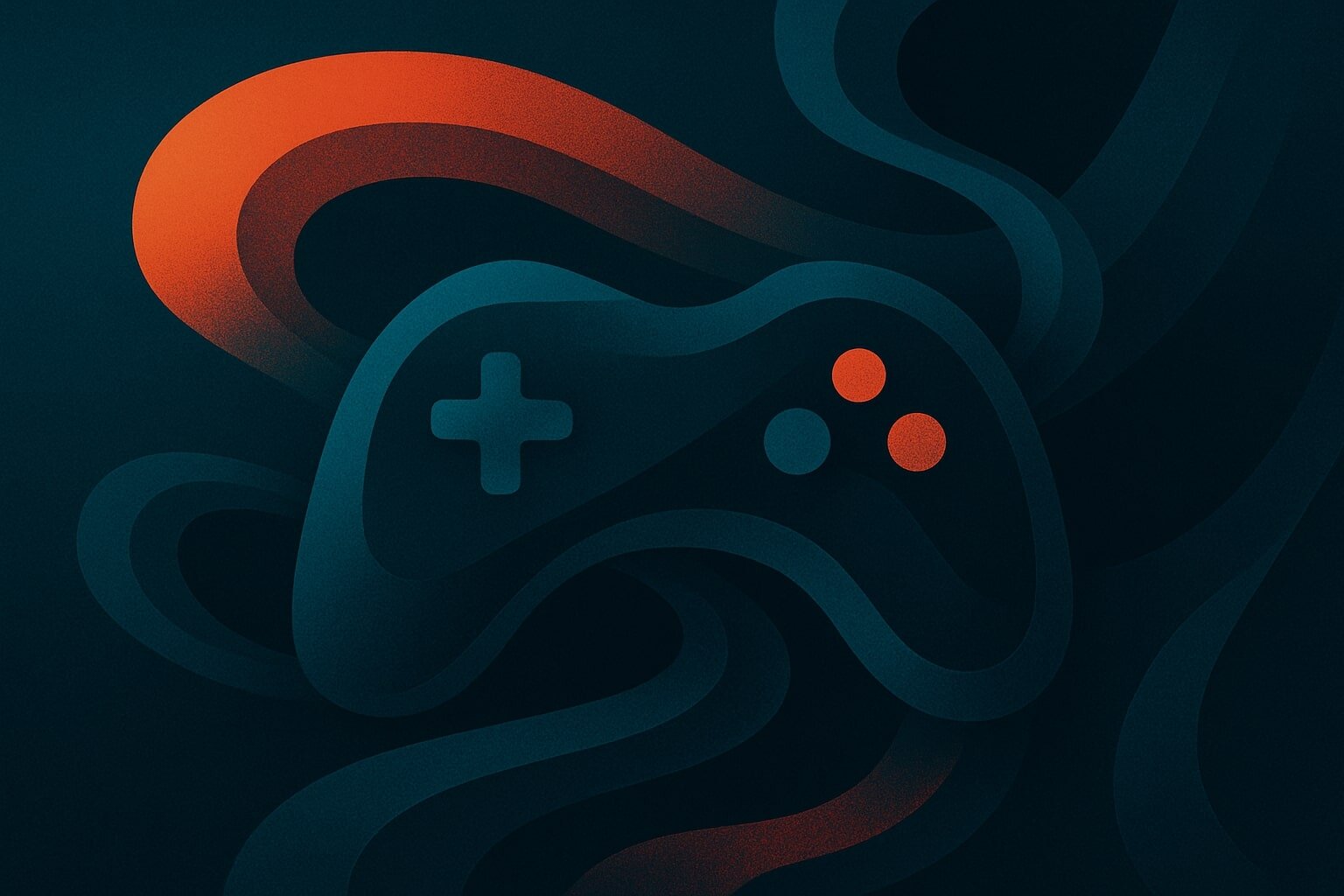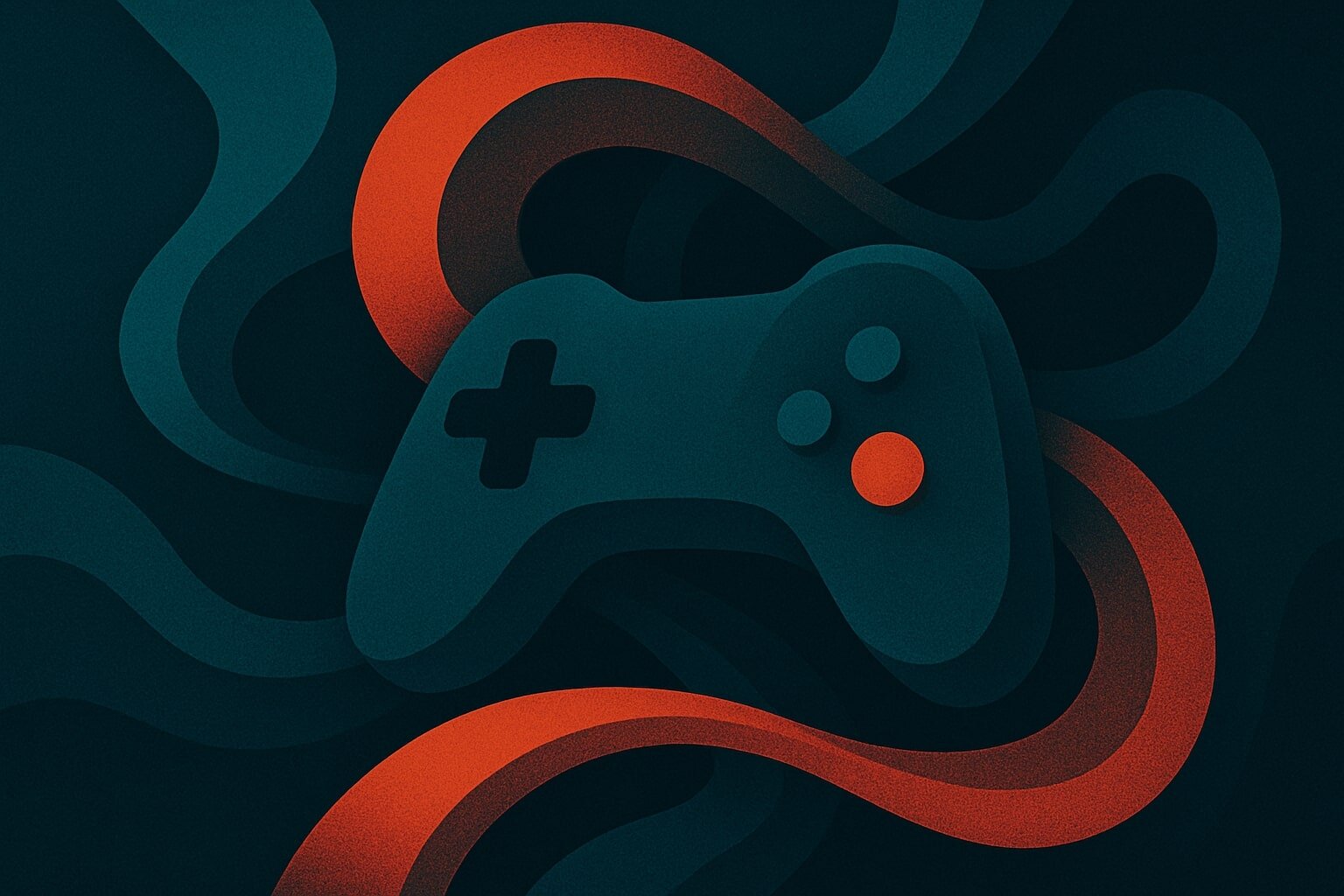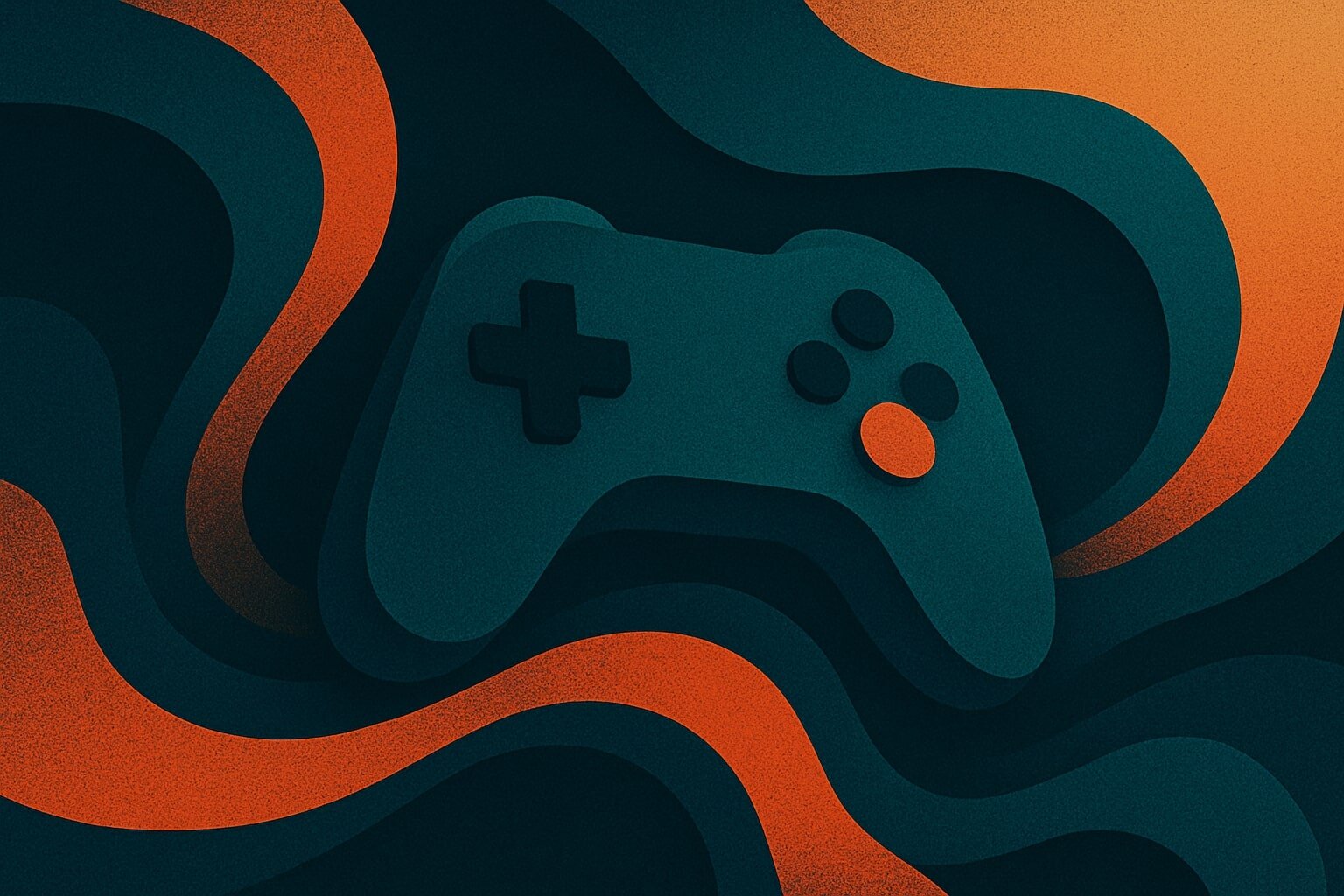
Gaming + Blockchain: From Monetization to Meaningful Ownership
Gaming has evolved into one of the most engaging and lucrative forms of digital entertainment, but the structure of value inside games remains stuck in closed ecosystems. Players spend billions on in-game assets—yet they have no real ownership, no interoperability, and no economic upside. Blockchain changes this by enabling asset sovereignty, transparent marketplaces, and persistent digital identity across platforms. The shift isn’t just technical—it’s cultural. And the time to adapt is now.

Challenges and Our Approach
The current model of digital asset management in gaming is built for retention, not empowerment. Players invest time and money into characters, skins, collectibles, or weapons—but those assets remain locked into individual games or publishers. This limits both user freedom and the secondary economies that have organically emerged around high-value digital items. Blockchain, through standards like NFTs and decentralized marketplaces, introduces the possibility of true digital ownership. But with that possibility comes complexity—how to balance open economies with gameplay integrity? How to manage gas fees, onboarding friction, and compliance risks?
At on.chained, we work with studios to build the infrastructure that allows blockchain features to enhance, not distract from, the gaming experience. Our approach is modular: identity, inventory, and economy layers can be selectively deployed, all anchored to the high-performance, low-latency capabilities of the DevvE Ecosystem. We prioritize long-term stability and economic integrity over short-term hype. And we ensure that assets are designed to behave as usable, tradeable components of a larger digital ecosystem - not as isolated gimmicks.

Strategic Value and Why It Matters Now
The next wave of players expects more than content - they expect continuity, mobility, and value. Integrating blockchain into gaming today opens up whole new design possibilities: cross-game assets, player-driven marketplaces, and transparent governance structures. Early adopters of these systems will define the norms that others follow. This isn’t just about giving players ownership - it’s about turning game economies into real economies, where value creation benefits both developers and communities.
Those who start now don’t just build better games - they build longer-lasting ecosystems, with new monetization paths and loyal user bases. Blockchain isn’t the game - it’s the platform for the next level.